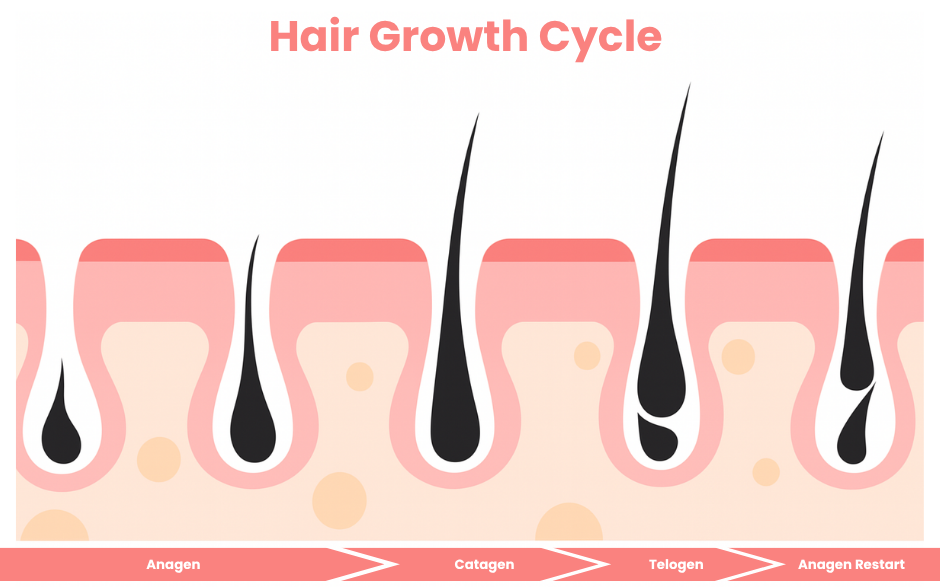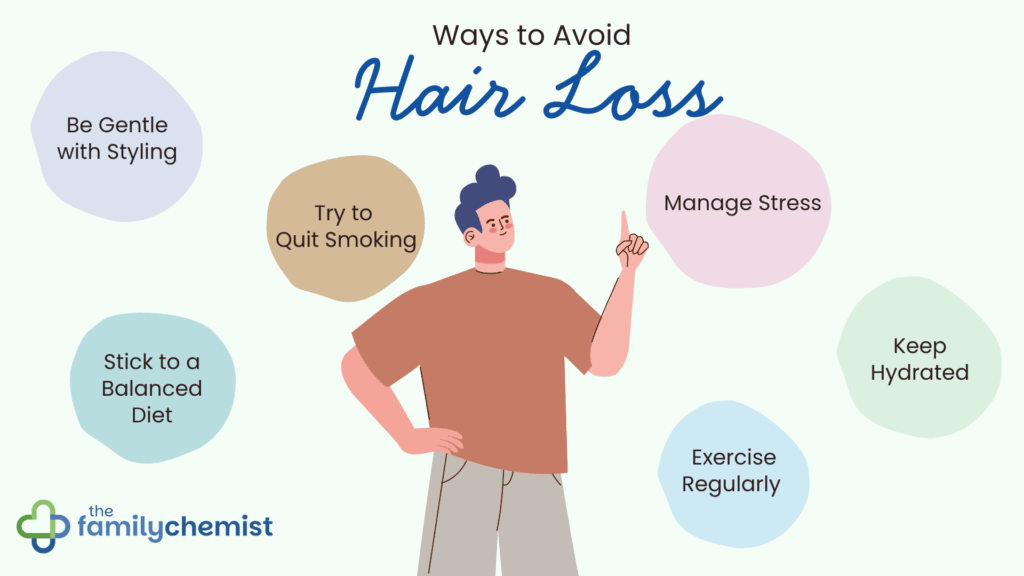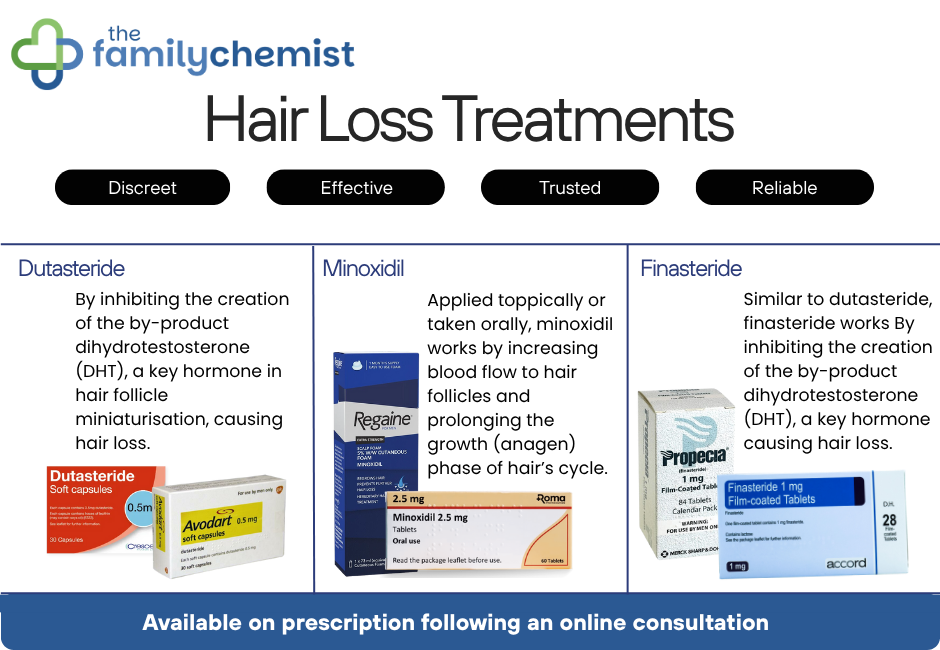How Stress Can Affect Hair Loss
Most people experience periods of stress from time to time, but for some, it can take a physical toll on their health. One common effect of stress is on the hair. If you’ve noticed more hair in the shower drain, or more on your brush after a particularly stressful period, you’re not imagining things; stress can have an impact on how your hair grows, and how it falls out. The good news is that stress related hair loss if often temporary and usually manageable.
How Stress Impacts Your Hair
Our hair grows in cycles, moving through each stage from growth (anagen) through to the shedding (exogen) phase.

When we experience stress, whether emotional or physical, our body’s natural rhythm is thrown off. Hair loss related to stress can fall into three main types:
Telogen Effluvium: This is the most common stress-related form of hair loss. Pushing hair follicles into that resting phase, causing more hairs to fall out in the months that follow. This is usually seen as general hair thinning across the whole scalp.
Alopecia Areata: This form of hair loss is believed to be caused by the body’s immune response. The body attacks the hair follicles. Chronic or prolonged stress may contribute to this, seen often as patches of hair loss.
Trichotillomania: A condition in which people under stress, or experience anxiety may pull at their own hair as a response to tension. Causing patches of hair loss where hair has been pulled out.
Why Does This Hair Loss Happen?
When we are stressed, our bodies produce higher levels of certain hormones such as cortisol and adrenaline. In short bursts these hormones are great at helping us cope and deal with stressful periods, but prolonged heightened levels can interfere with the normal hair cycle. Not only this but nutrient absorption can be affected, meaning those nutrients (particularly iron) which are usually key in maintaining healthy hair growth may not be having that same benefit as usual.
Lifestyle Interruption
When we are dealing with stress, occasionally it can be hard to prioritise those all-important healthy lifestyle routines. Lack of sleep, poor diet, and reduced exercise are often side effects of stressful periods. Unfortunately, these can all also contribute to poor hair health or to hair loss.
The good news, though, is that stress-related hair loss if often reversible. In many cases, once the cause of stress, or stressful period has ended; hair growth returns to its regular cycle and within a few months, balance is restored.
For more tips on how to avoid hair loss:

When to Consider Hair Loss Treatments
If you notice that your hair loss or hair thinning has not improved after your stress had reduced, or a stressful period has ended, it may be worth exploring clinically proven hair loss treatments. However, please note that these treatments are only available for male patients. Female patients should seek advice from their GP.

While these medications are not specifically designed for dealing with stress-related hair loss, they may be helpful for other causes of hair loss such as androgenetic alopecia (male pattern hair loss), which can sometimes appear alongside or after a stressful period.
The Bottom Line
Stress can have a noticeable impact on many aspects of your health, and commonly your hair health. In most cases it’s temporary and manageable. The best course of action is to try and address the root cause of stress. And if you’re still noticing effects, then speak to a healthcare professional and discover how treatments might help you.







